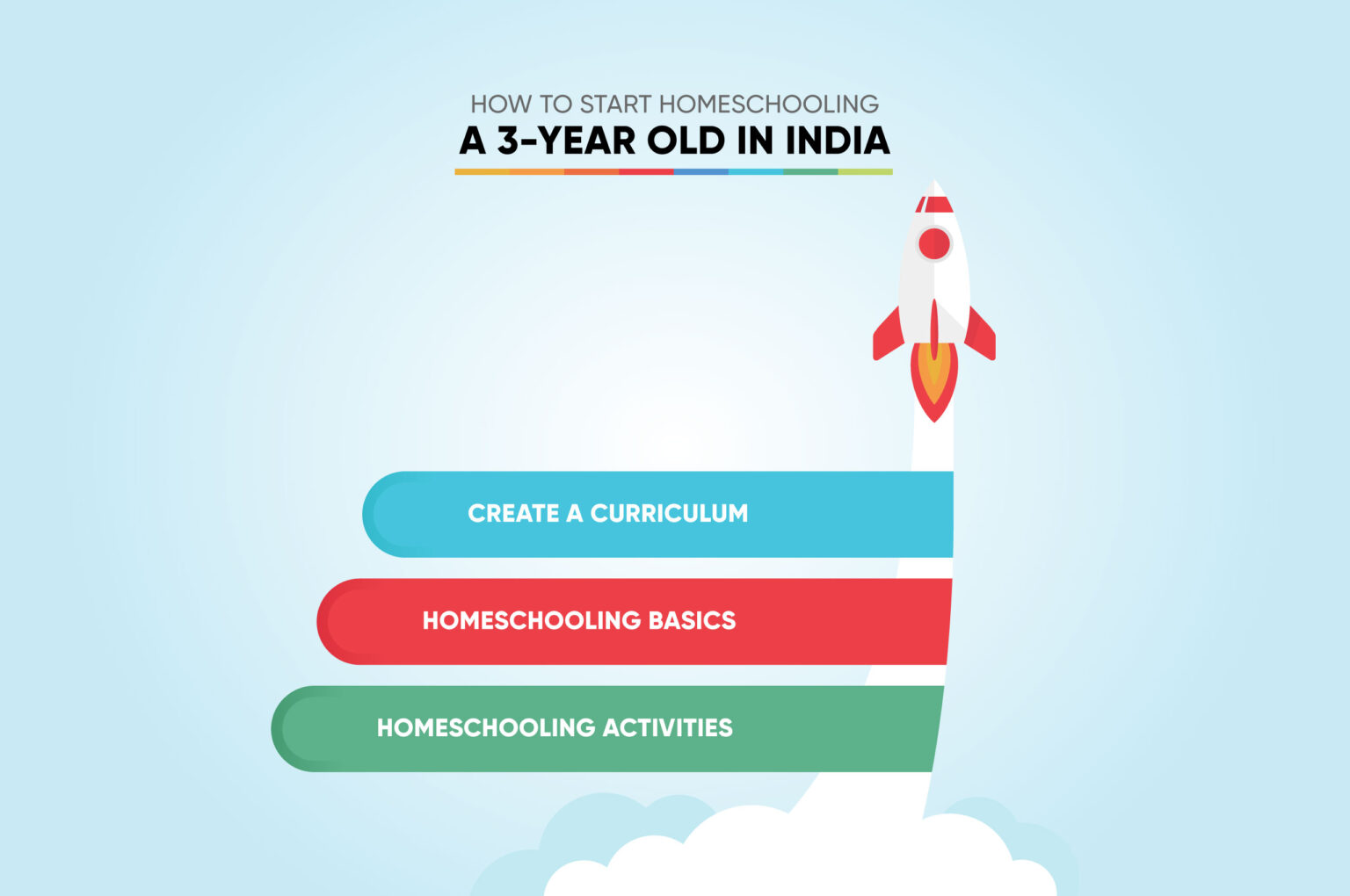
Getting your child’s education right early on will go a long way in helping your child grow up to be a successful young adult. But how do you do it? Enroll them in a school of good repute and let time tell? Does traditional schooling do justice to its students in helping them achieve their full potential? Or are they just a means to end – to manufacture children into money-making machines fit for the main-stream industrial demand? On the other hand, research continues to show that homeschooled children are more likely to be creative and given to intellectual pursuits. Homeschooling gives personal attention to your child and helps them explore their natural curiosity and organically work towards goals that best suit their disposition.
If you are willing to forego the easy route to personally invest time and energy in looking after your child’s holistic development, then you’ll want to consider some questions first. Is homeschooling what your child really needs right now? Are you willing to commit to your child’s education? Will your friends and family be supportive of this undertaking and will they be able to lend a hand? If “Yes!” is your answer to all these questions, then let’s move on to understand how you can effectively homeschool your 3-year-old.
Every educational endeavour requires a decent level of discipline, and taking an organised approach will make homeschooling so much more easier for you and your child. Let’s go through a couple of points to get you started.

Creating a curriculum
Some important things to remember when creating your own curriculum is to include both mental and physical exercises. At a young age, children are naturally predisposed to curiosity so allow your child to explore the world around them. Make them take part in activities that exercise their fine motor skills like fastening buttons, practicing with scissors and copying shapes with crayons or paint. These will improve their hand-eye coordination and later on help with their handwriting and drawing skills.
As far as early academic skills are concerned, including puzzles, colouring books and plasticine will help your child recognise shapes and build vocabulary. However, keep in mind that a 3 year old can not focus on an activity for more than 5-10 minutes so breaking up the day into short sessions of work and play is key.
You can tailor your curriculum to match the specific needs of your child or you can make use of the extensive information available on the internet to have a ready-made homeschooling program made for you. A good source to get an authentic homeschooling program in India is from National Institute of Open Schooling (NOIS). They will provide you officially recognised homeschooling programs that will also enable you to vouch for your child in the future and outside the homeschooling environment. Visit their website to get a copy of the NOIS curriculum free of charge.
Homeschooling basics
You need to take note of several things that will help you in you homeschool your child effectively:
Homeschooling Activities
Reading:
Handwriting:
Mathematics:
Meeting Milestones
You need to be able to measure your progress and know if you are meeting certain goals. Here are some goals that you can keep track of:
Homeschooling a 3 Year old is a demanding job. You need to be patient and not be too hard on yourself and your child. Take it easy and ask someone in your family or a friend to lend you a hand now and then. Need assistance? Get in touch with our counselor.
Yes, homeschooling is possible in India. Parents can choose to homeschool their children, providing a personalized education at home.
National Institute of Open Schooling (NIOS) in India offers officially recognised homeschooling programs. These programs are tailored to meet educational standards and can be obtained free of charge from their website.
Homeschooling can start as early as age 3. Initiating homeschooling at this age allows parents to focus on the child's holistic development, integrating both mental and physical exercises into the curriculum.
A 3-year-old can learn various skills through homeschooling, including fine motor skills, reading, speaking, and writing. Life skills like patience, kindness, and gentleness are also crucial. The curriculum can be tailored to the child's specific needs, respecting their unique learning curve.